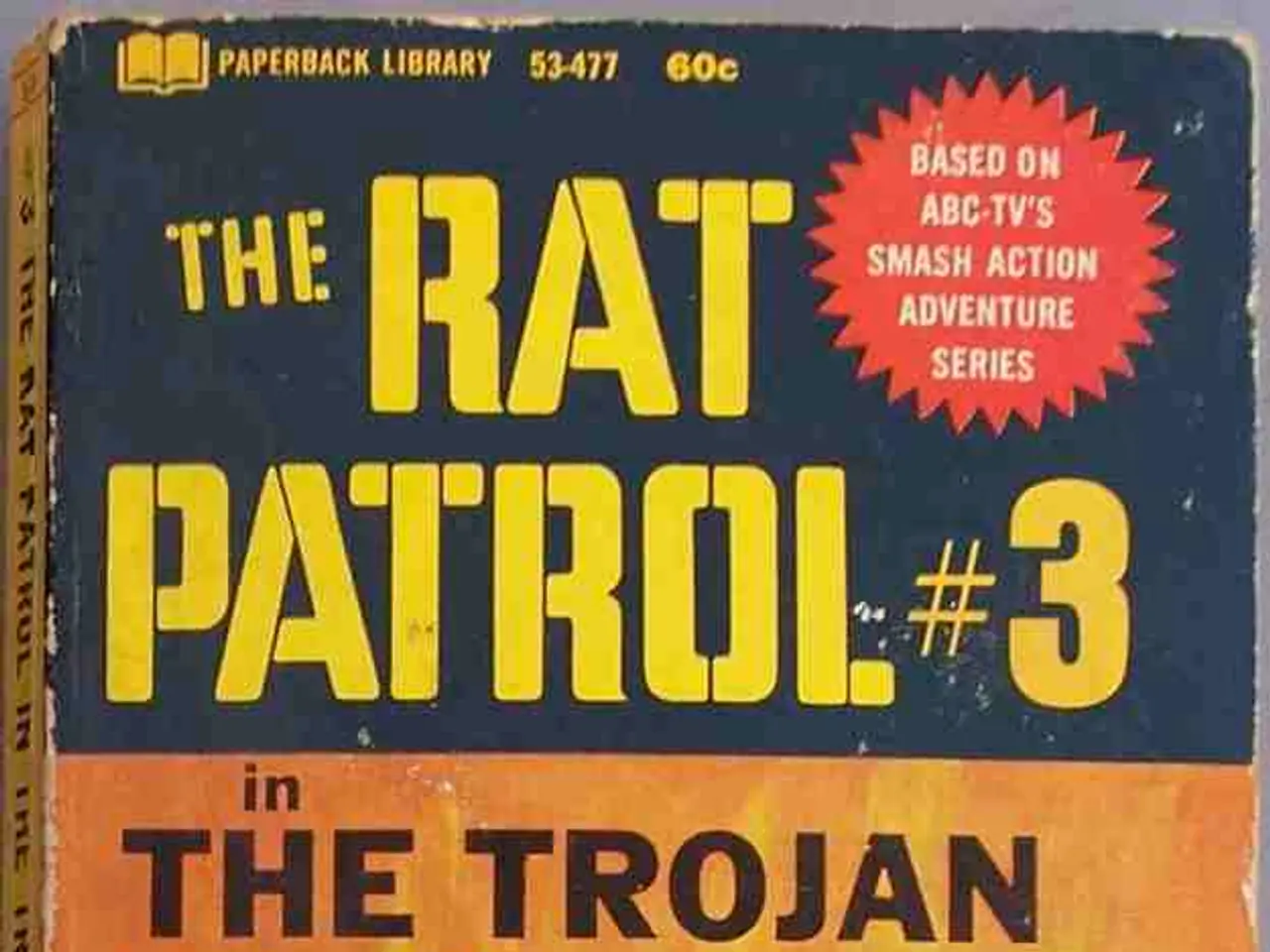Uncovered Histories of Hiroshima's Korean Survivors: Exploring Untold Narratives from the Atomic Bombing
In the aftermath of the catastrophic atomic bombing of Hiroshima in 1945, a significant community of Korean survivors was left to grapple with the devastating consequences. These survivors, many of whom were forced labourers under Japanese colonial rule, have long been overlooked, facing stigma in their own communities and inadequate recognition from Japan, the U.S., and South Korea.
The small town of Hapcheon, South Korea, often referred to as "Korea's Hiroshima," is home to a large number of these survivors. The Hapcheon Atomic Bomb Victim Welfare Center, established to support the approximately 82 surviving South Korean hibakusha (atomic bomb survivors), serves as a testament to their enduring struggle.
The survivors and their families face ongoing health problems linked to radiation exposure and social discrimination fuelled by false rumours about contagion. They have felt abandoned by all responsible parties, including the U.S. for dropping the bombs, Japan for colonial exploitation and lack of apology, and South Korea for insufficient support.
The survivors and their families hold annual memorial events in Hapcheon to honour the victims and amplify their calls for justice and recognition. Their activism aims to preserve memory, demand official apologies, and obtain compensation and medical care, which remain limited decades after the bombings.
One of the immediate casualties of the bombing was an estimated 70,000 Koreans, with approximately 140,000 living in Hiroshima at the time. Reports and studies have indicated a statistically significant correlation between health issues in the second and third generations of survivors and exposure to radiation.
Survivors like Lee Jung-soon, an 88-year-old survivor, recall the moment the bomb fell, while Han Jeong-sun, a second-generation survivor, faces both personal health challenges and societal stigma. Shim Jin-tae, another survivor, expresses his frustration about the lack of recognition and justice.
Officials from Hiroshima have visited Hapcheon to commemorate the victims, but true peace requires more than commemoration. It requires acknowledgment and accountability. As peace activist Junko Ichiba emphasizes, "Peace without apology is meaningless."
The narrative of Hiroshima is evolving, empowering survivors in their ongoing quest for justice and recognition. It is a narrative that underscores the importance of remembering and acknowledging the marginalized legacies of historical tragedies, not just for the survivors, but for all of humanity.
[1] Kim, J. (2019). The Forgotten Korean Victims of the Hiroshima Atomic Bomb. The Diplomat. Retrieved from https://thediplomat.com/2019/08/the-forgotten-korean-victims-of-the-hiroshima-atomic-bomb/
[2] Lee, H. (2018). The Forgotten Korean Atomic Bomb Victims. Korea Exposé. Retrieved from https://www.koreaexpose.com/en/news/the-forgotten-korean-atomic-bomb-victims/
[3] Chung, S. (2017). The Hiroshima Bombing and the Korean Victims: A Forgotten History. The Asahi Shimbun. Retrieved from https://www.asahi.com/ajw/articles/AJ201708050048.html
[4] Choi, S. (2015). The Korean Atomic Bomb Victims: A Forgotten History. The Hankyoreh. Retrieved from https://english.hani.co.kr/arti/english_edition/e_national/636073.html
[5] Kang, J. (2013). The Forgotten Korean Victims of Hiroshima. The Korea Times. Retrieved from https://www.koreatimes.co.kr/www/news/opinon/2013/08/148_168101.html
- Science has shown a correlation between health issues in the second and third generations of Hiroshima atomic bomb survivors and exposure to radiation.
- Medical-conditions, such as chronic diseases like chronic kidney disease, COPD, and type-2 diabetes, have been linked to radiation exposure in these survivors.
- Respiratory-conditions and digestive-health problems are among the health issues these survivors face.
- Eye-health, hearing, and skin-conditions are also prevalent among the survivors and their offspring.
- The survivors and their families have expressed frustration about the lack of recognition and appropriate medical care provided by their respective governments.
- Health-and-wellness organizations have emphasized the need for more comprehensive therapies-and-treatments for these individuals.
- Mental-health issues, including depression and anxiety, are common among the survivors due to the stigma they face and the unresolved trauma of the bombing.
- Alzheimer's disease, autoimmune-disorders, and neurological-disorders are some of the diseases that have been associated with radiation exposure.
- In addition to health problems, the survivors face social discrimination and migration-related challenges due to stigma surrounding their society.
- The survivors' activism extends to advocating for responsible-gambling policies to protect vulnerable populations, as they see similarities between the dangers of war-and-conflicts and casino-and-gambling.
- The small town of Hapcheon, known as "Korea's Hiroshima," has a vibrant casino culture, particularly popular casino games like Blackjack, slots, and Las Vegas-style table games.
- Big-wins at casinos have been a source of hope and excitement for some of the survivors and their families, albeit a fleeting one.
- However, the survivors are also acutely aware of the risks associated with casino-and-gambling, including the potential for addiction and financial loss.
- The survivors' pursuit of justice extends to the political arena, with calls for politicians to address the ongoing health problems and social stigma faced by the victims.
- Poker and Roulette are other popular casino-games that have gained traction in Hapcheon's casino scene.
- The history of casinos in Hapcheon can be traced back to the 1960s, with the rise of casino-culture in South Korea.
- General-news outlets have highlighted the stories of the survivors, shedding light on their struggles and resilience.
- Crime-and-justice issues, such as car-accidents and accidents, are also a concern for the survivors, as they deal with the aftermath of the bombing.
- Fires and other emergencies further contribute to the survivors' challenges, adding another layer of complexity to their already difficult lives.
- In addition to Hapcheon, other towns and cities in South Korea have significant populations of atomic bomb survivors, each with their unique stories and challenges.
- CBD, a non-psychoactive compound found in cannabis, has been suggested as a potential therapy for managing chronic-diseases related to radiation exposure.
- Rheumatoid-arthritis, a chronic Autoimmune-disorder, is one of the diseases that CBD may help alleviate symptoms in survivors.
- The ongoing struggle for justice and recognition for the Korean atomic bomb survivors serves as a reminder of the importance of addressing the long-term impacts of war and conflicts, both for individuals and for society at large.




